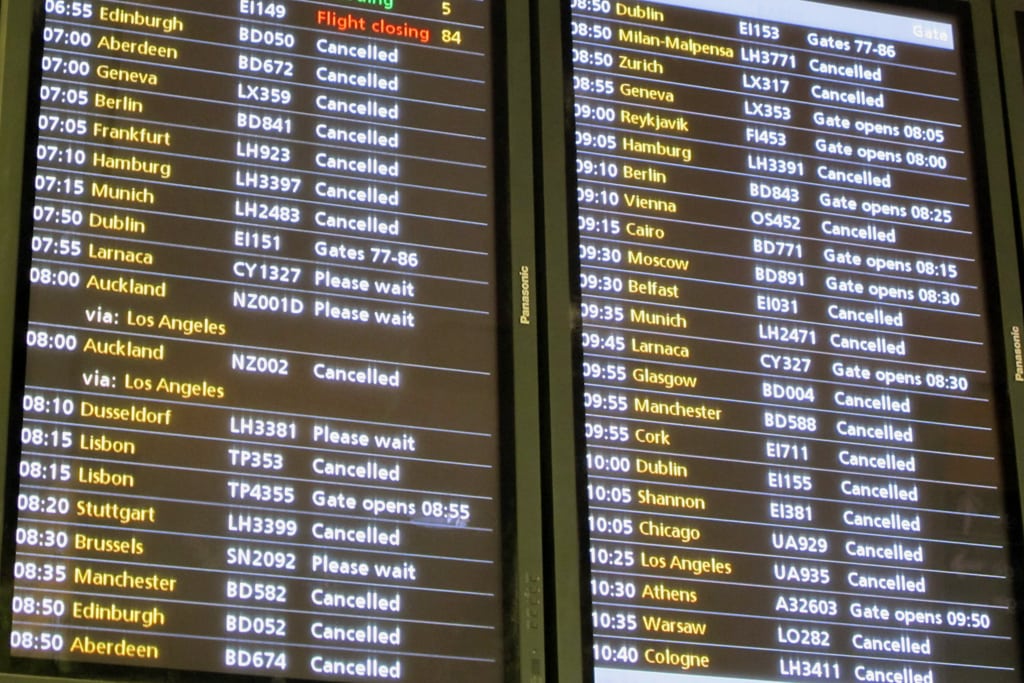U.S. Airlines Face Computer Outages About Once a Month

Skift Take
Some airlines track delays and cancellations associated with computer outages internally to identify patterns and recurring issues that need fixing. The industry as a whole might benefit if it shared such data. But don't hold your breath on that happening.
U.S. airlines suffered through one technology malfunction a month on average between January 2015 and today, according to a federal government study.
The report released last week by the U.S. Government Accountability Office was prompted by several high-profile outages, such as a three day failure in 2016 that cost Delta about $150 million in revenue.
The report tried to quantify the issue in more detail. Officials spoke with 13 U.S. airlines and leading tech vendors Amadeus and Sabre about the issues. They pinpointed 34 information technology outages from 2015 through 2017, most of which led to flight delays or cancellations. The report noted in a footnote that it counted nine additional glitches betwe

